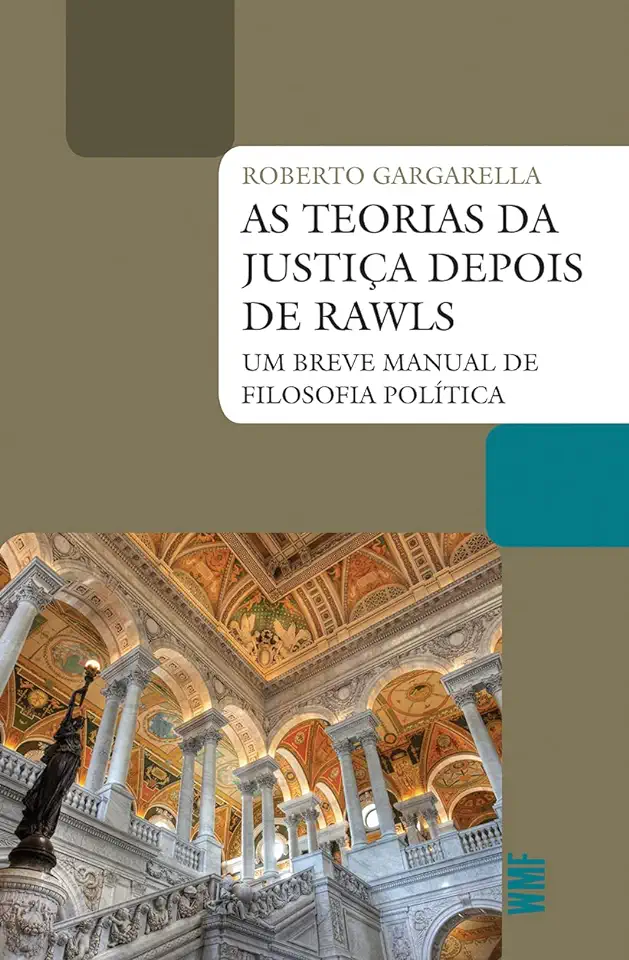
Theories of Justice After Rawls - Roberto Gargarella
Theories of Justice After Rawls: A Comprehensive Review
Introduction
In his seminal work, "A Theory of Justice," John Rawls proposed a groundbreaking framework for understanding and evaluating social justice. Rawls' theory, based on the concept of the original position and the veil of ignorance, has been widely influential in the field of political philosophy. However, in the decades since Rawls' work was published, numerous other theories of justice have emerged, each offering unique perspectives and insights.
In "Theories of Justice After Rawls," Roberto Gargarella provides a comprehensive and critical examination of these post-Rawlsian theories. Gargarella argues that while Rawls' theory remains a valuable starting point, it is important to consider the contributions of other theorists in order to develop a more comprehensive understanding of justice.
Key Themes in Post-Rawlsian Theories of Justice
Gargarella identifies several key themes that emerge in post-Rawlsian theories of justice. These themes include:
- The importance of context: Post-Rawlsian theorists argue that Rawls' theory is too abstract and does not adequately take into account the specific context in which justice is applied. They contend that justice must be understood in relation to the particular social, economic, and political circumstances of a given society.
- The role of recognition: Post-Rawlsian theorists also emphasize the importance of recognition in achieving justice. They argue that individuals and groups must be recognized for their unique identities and contributions to society. This recognition is essential for promoting social cohesion and preventing injustice.
- The need for redistribution: Post-Rawlsian theorists argue that redistribution is a necessary component of justice. They contend that societies must redistribute resources in order to ensure that all individuals have access to basic goods and services. This redistribution is not only a matter of economic justice, but also a matter of social justice.
Evaluating Post-Rawlsian Theories of Justice
Gargarella evaluates the various post-Rawlsian theories of justice in terms of their strengths and weaknesses. He argues that while each theory offers valuable insights, none of them is able to provide a fully comprehensive and satisfactory account of justice. Gargarella concludes that the best approach is to draw on the insights of multiple theories in order to develop a more nuanced and contextual understanding of justice.
Conclusion
"Theories of Justice After Rawls" is a comprehensive and thought-provoking examination of the various theories of justice that have emerged since Rawls' seminal work. Gargarella's critical analysis provides readers with a deeper understanding of the complex issues involved in achieving justice in a diverse and changing world. This book is essential reading for anyone interested in political philosophy, social justice, and the future of our societies.
Why You Should Read This Book
If you are interested in understanding the complex issues involved in achieving justice in a diverse and changing world, then "Theories of Justice After Rawls" is a must-read. Gargarella's comprehensive and critical analysis of post-Rawlsian theories of justice will provide you with a deeper understanding of the key themes and debates in contemporary political philosophy. This book is essential reading for anyone interested in political philosophy, social justice, and the future of our societies.
Enjoyed the summary? Discover all the details and take your reading to the next level — [click here to view the book on Amazon!]